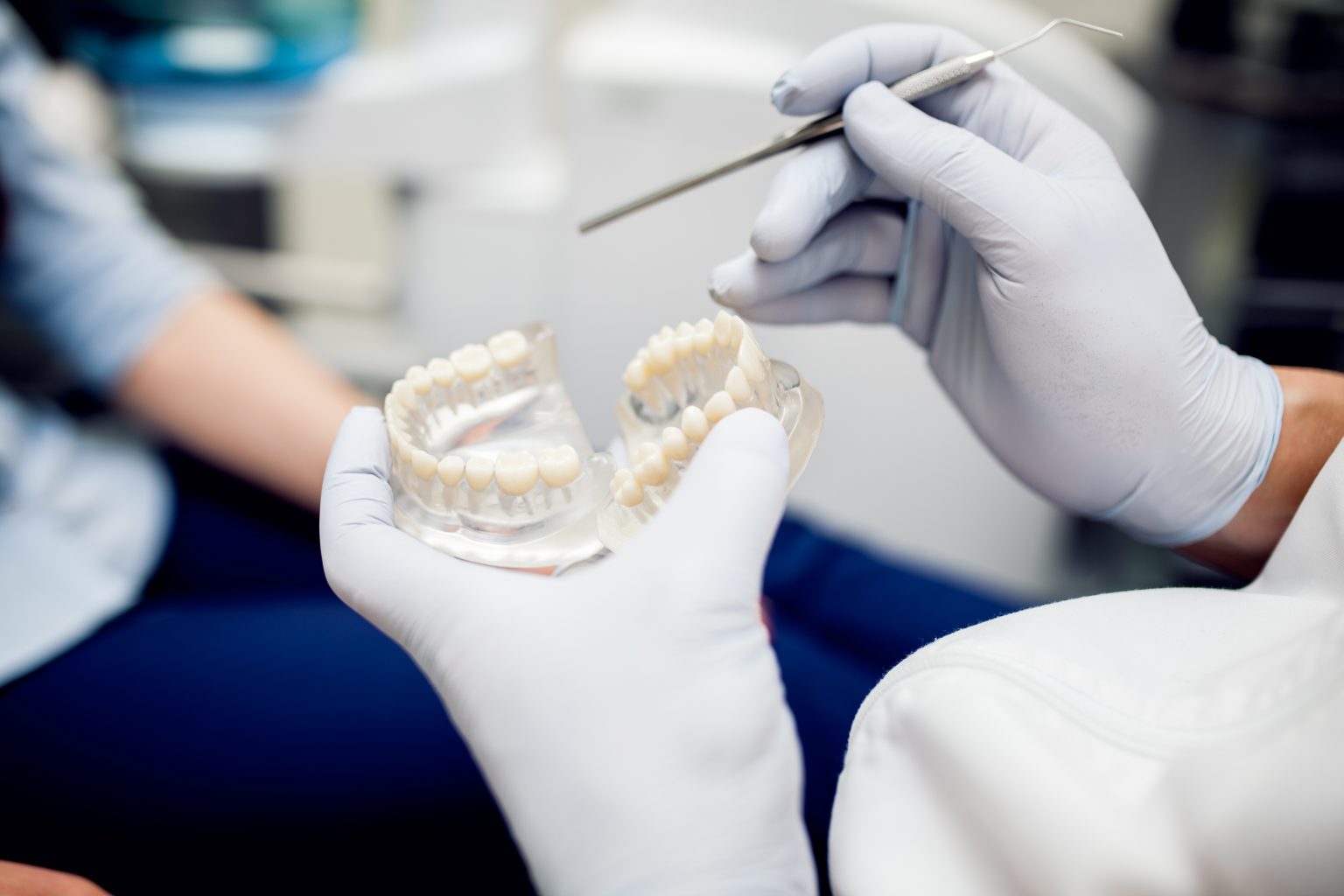Overview
In dental offices, the term “nitrogen gas” is sometimes misinterpreted, especially when used in conjunction with nitrous oxide (N2O), also referred to as “laughing gas.” Despite being a non-reactive gas that makes up roughly 78% of the atmosphere, nitrogen helps supply nitrous oxide, a substance that is frequently used to induce anesthesia during dental treatments. In addition to answering frequently asked questions by patients, this page attempts to explain the connection between the administration of nitrous oxide and nitrogen gas in dentistry.
1. What is Nitrogen Gas and How Does Dentistry Use It?
When administering nitrous oxide, nitrogen gas (N2) is generally utilized as a carrier gas. Nitrous oxide is used in dentistry settings, Nitrous oxide is frequently combined with nitrogen and oxygen to produce a sedative procedure that is both safe and efficient. Although nitrogen doesn’t have sedative qualities by itself, it contributes to a well-balanced combination that can make treatments more comfortable for patients.
2. How Does Nitrous Oxide Work and What Is It?
The colorless gas nitrous oxide has analgesic and anesthetic qualities. It reduces anxiety and discomfort during dental procedures by inducing a euphoric and relaxing mood when inhaled. The gas reduces anxiety and pain perception by interacting with neurotransmitters in the brain.
3. How Do Dental Offices Administer Nitrous Oxide?
The dentist will cover the patient’s nose with a mask during a dental procedure to administer a nitrous oxide and oxygen mixture.Patients are instructed to breathe normally, and the dentist monitors their response throughout the treatment. The levels of nitrous oxide can be adjusted as needed for optimal sedation.
4. What Advantages Does the Administration of Nitrous Oxide Offer?
- Anxiety Reduction: Nitrous oxide is perfect for people who are anxious about their teeth since it makes them feel at ease and relaxed.
- Effective pain management is made possible by the gas, which makes treatments more comfortable.
- Quick Recovery: Patients can return to their regular activities nearly immediately after treatment because the effects of nitrous oxide wear off fast after the gas is stopped.
- Non-intrusive: Compared to other sedative techniques, nitrous oxide is less intrusive because it is inhaled.
5. Does Nitrous Oxide Come with Any Risks or Side Effects?
Although most people find nitrous oxide to be safe, some people may have mild adverse effects such headaches, nausea, or dizziness. Usually, these effects are transient. However, before using nitrous oxide, people with certain medical concerns, such as respiratory problems or certain vitamin B12 shortages, should speak with their dentist.
6. How Is Safe Nitrous Administration Guaranteed by the Dentist?
In order to protect patients, dentists are taught how to administer nitrous oxide correctly and adhere to stringent protocols. Throughout the process, they keep an eye on the patient’s vital signs and reaction. To find any possible contraindications, they will also perform a comprehensive examination of the patient’s medical history.
7. How Much Does It Cost to Administer Nitrous Oxide?
Nitrous oxide administration can cost anywhere from $50 to $200 each session, depending on the dentist clinic and the area. It’s best to verify with your provider because many dental insurance policies may cover some of the sedative expenses.
In summary
In order to administer nitrous oxide in dental offices effectively, nitrogen gas is a crucial supporting component. This combination offers a secure and efficient sedative method that reduces discomfort and anxiety during dental treatments. Patients looking for a more comfortable dental experience must comprehend the uses and advantages of nitrous gas as its popularity grows. If you’re thinking about using nitrous oxide for your upcoming dental appointment, talk to your dentist about its benefits and make sure it suits your needs.

